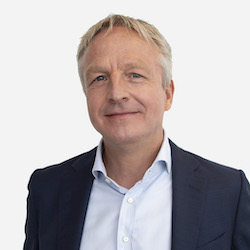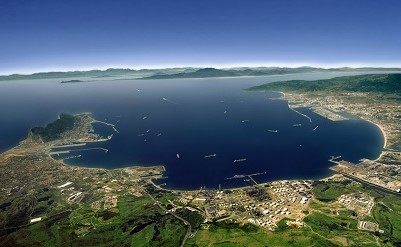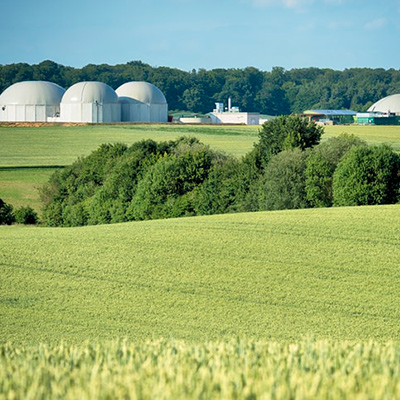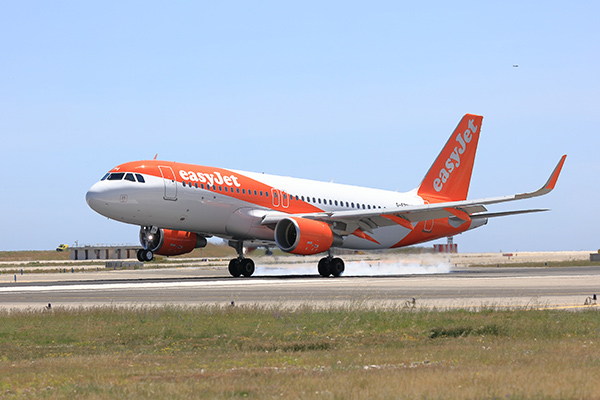- The corridor will connect two of Europe’s main ports: Rotterdam and Algeciras
- The agreement accelerates the decarbonization of heavy industry and maritime transport and supports Europe's energy independence and security
- The deal strengthens Cepsa’s ambition to become a key player in green hydrogen production in Europe and the leader in Spain and Portugal
- The co-operation is part of Rotterdam’s ambition to supply Northwest Europe with 4.6 million tonnes of green hydrogen by 2030
Cepsa plans to export hydrogen produced at its San Roque Energy Park near the Bay of Algeciras, through hydrogen carriers such as ammonia or methanol, to the Port of Rotterdam. Rotterdam is the most important energy port in Europe, handling 13% of European energy demand, while the Port of Algeciras is first in Spain, fourth in Europe, and an important trade route between Europe and Asia. With the Dutch Government’s support, and as part of Rotterdam’s Energy Transition plans, the Port Authority and many private companies active in the port area are developing the necessary infrastructure and facilities for the import of green hydrogen and its distribution into Northwest Europe connecting large industrial centers in the Netherlands, Belgium and Germany by means of hydrogen pipelines. Cepsa is the main energy company in Algeciras, close to Gibraltar.
This supply of green fuels will help to decarbonize industry and maritime transport in the Bay of Algeciras and Rotterdam and to support the European Union’s RePower EU strategy, which seeks to guarantee Europe’s energy independence and security and stimulate the production of clean energy. The trade lane is expected to be operational by 2027. Cepsa also intends to develop a similar supply chain from its La Rábida Energy Park in Huelva.





